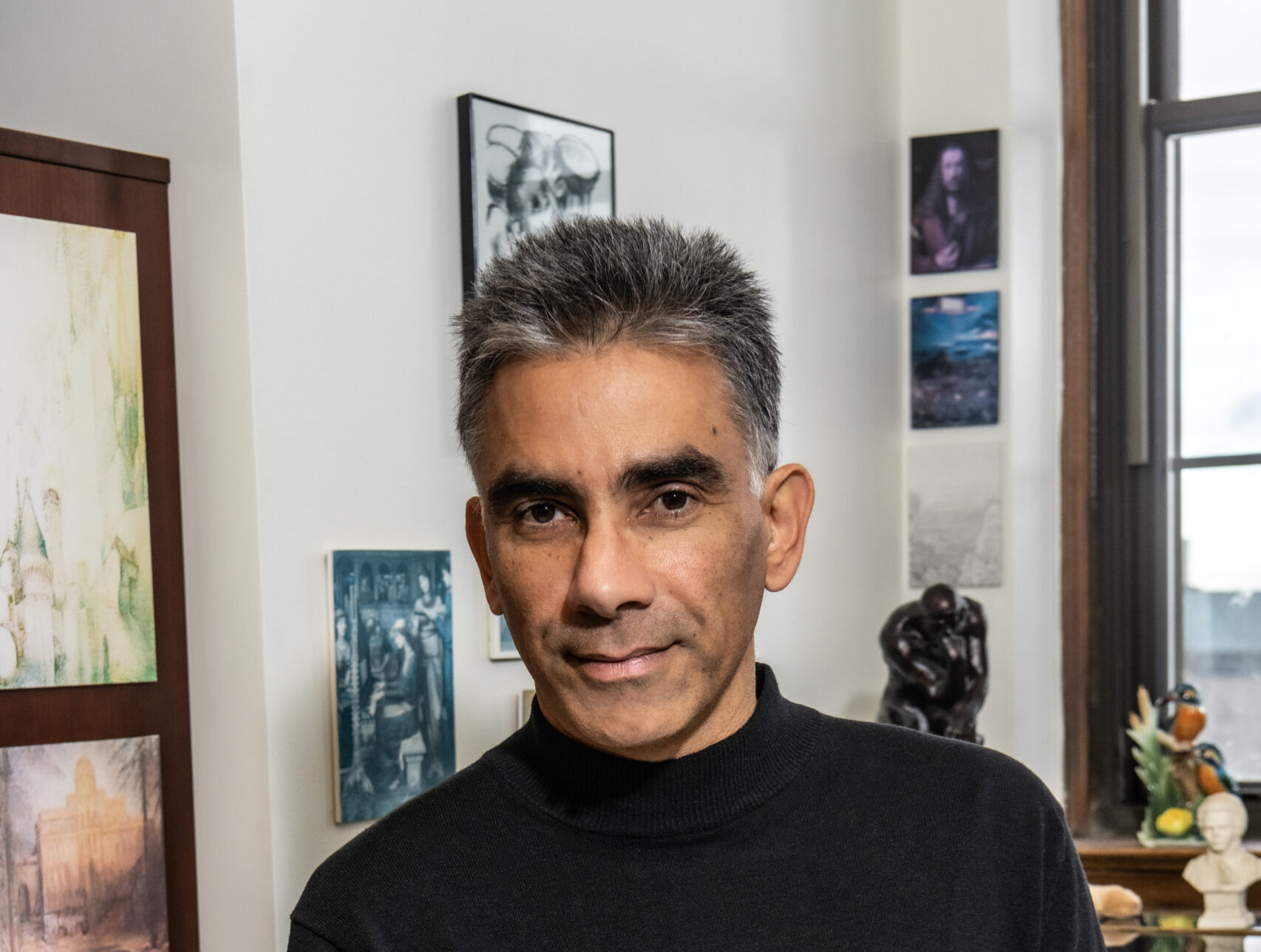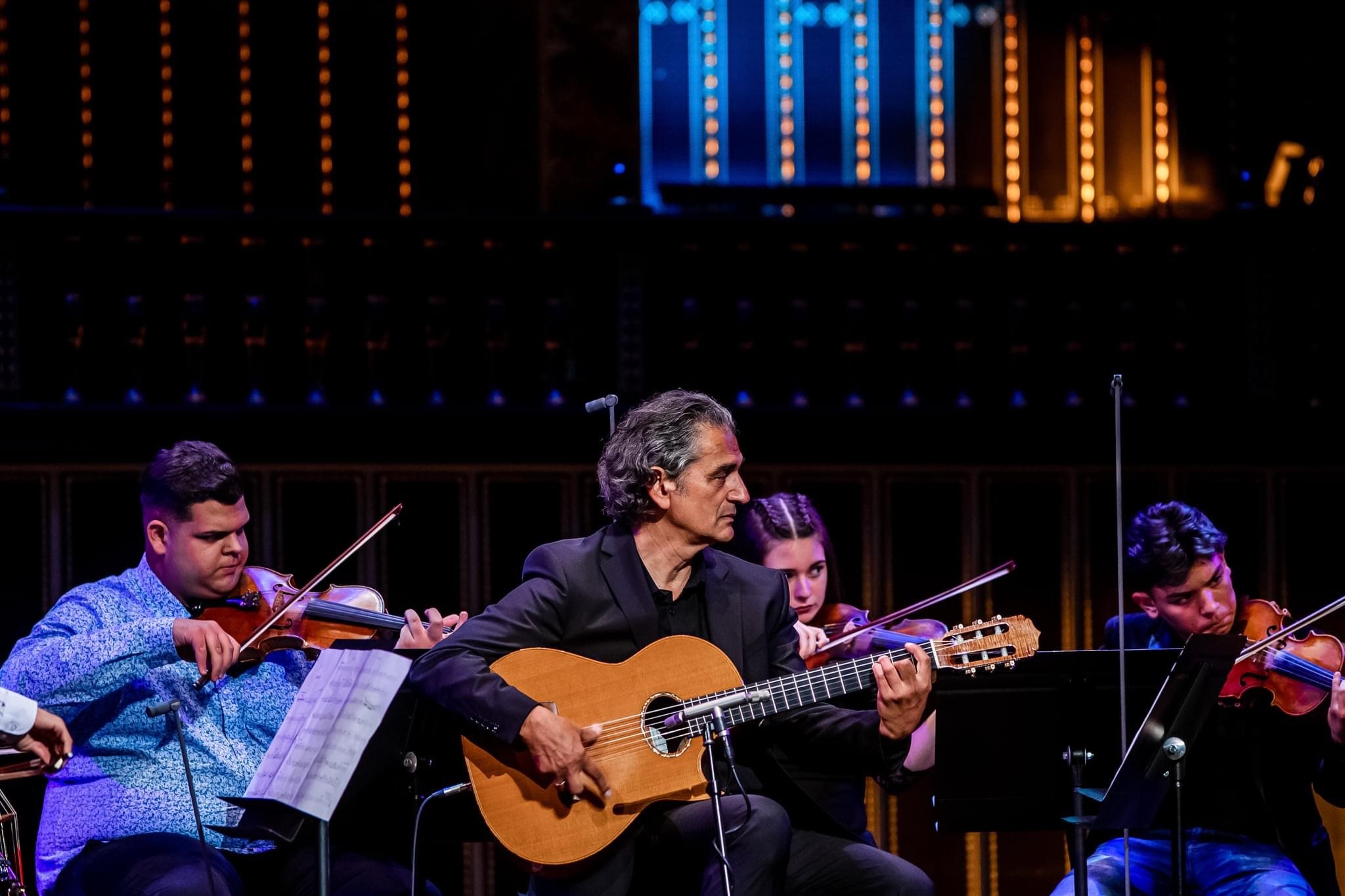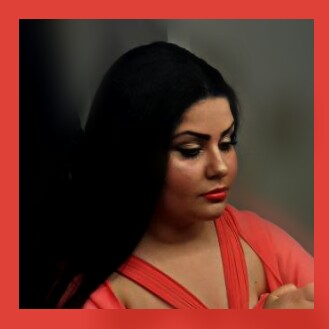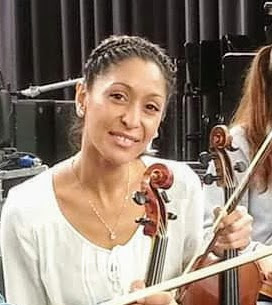Aušvicate hi kher baro
performed by Dr. Petra Gelbart
The Song: Ausvicate hi kher baro
Ausvicate hi kher baro is possibly the most well known and widely performed song about the Romani Holocaust. The melody is said to be that of a traditional folk song and was adapted to painful and haunting lyrics about the miseries of the Auschwitz death camp. The lyrics have been credited to Auschwitz survivor Ruzema Danielova.
Dr. Petra Gelbart is a Romani educator, scholar, and musician. She was first introduced to Romani music and language by her family while growing up in Czechoslovakia. She earned her Ph.D. in musicology/ethnomusicology at Harvard University and went on to co-found the Initiative for Romani Music at New York University. Her research interests include interethnic communication, the psychology of music, the Holocaust, and institutional ethnography. At the university level, she has taught the theory, practice, and cultural context of Romani music as well as other subjects. She is the co-founder of Families of Roma and Sinti Holocaust Victims (romasintiholocaust.org).
Dr. Petra Gelbart curated the Music Section of the RomArchive – Digital Archive of Sinti and Roma.
Song in "Latcho Drom" Film
The lyrics (selection below) are painful and haunting:
In Auschwitz there is a big prison, Where my man sits, He sits and sits and thinks, Oh he is forgetting me,
O black bird, Carry my letter, Carry it, carry it to my woman, I am sitting in Auschwitz,
In Auschwitz there is a lot of hunger, There isn’t for us anything to eat, Not even a piece of bread,
The Blockalteste [warden] is evil, Once I go home, I will kill the Blockälteste, When I go home, I will kill the Blockalteste.
Sources / more Information >>
Weeun Wang (2019): Music and the Romani Holocaust.
Conceptualizing an Ethnographic Research Project, University of Maryland
Music for Remembrance

The Long and Boundless Road
Inspired by Ralf Yusuf Gawlick’s O Lungo Drom (The Long Road), an oratorio on the Sinti and Roma people, classical pianist and author Simon Tedeschi reflects on the power of art in LIMELIGHT, a Music, Arts & Culture Magazine.

Ferenc Snétberger
Hungarian Guitarist/Composer

Scarlett Adler
German Sopranist

Lutvija Antic
Serbian Violinist

Natasa Tasic Knezevic
Serbian Sopranist










